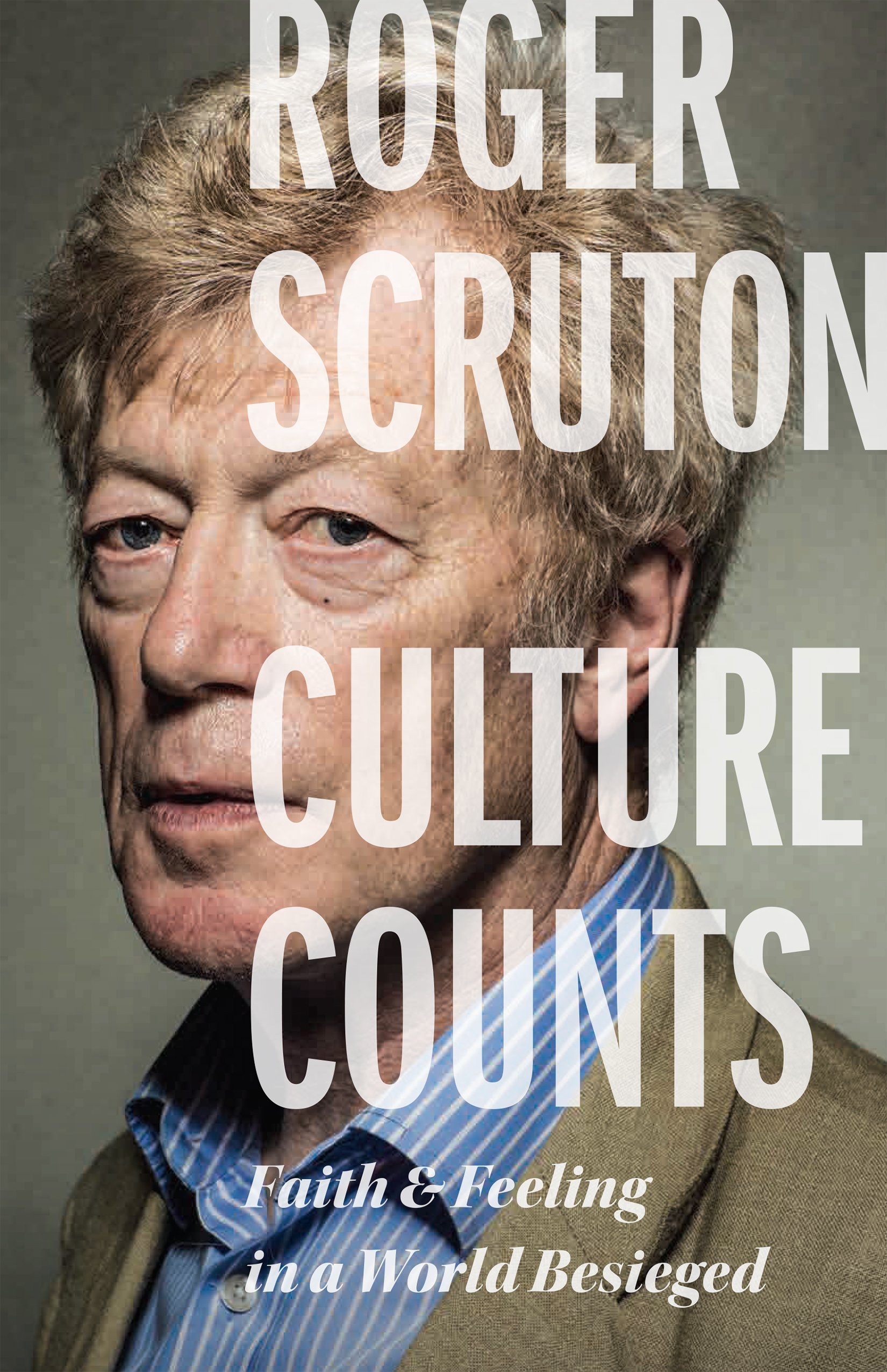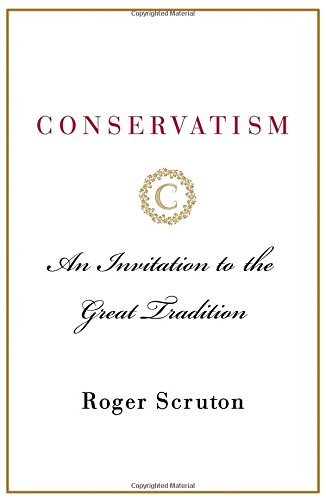How To Be A Conservative
Roger Scruton is one of the English-speaking world’s most distinguished conservative thinkers. In spite of its title, How To Be a Conservative is not so much a practical manual as a detailed exposition of conservative philosophy. Scruton’s method is to point out the elements of truth in various ideologies before going on to explain why only conservatism is correct. Thus in the course of thirteen chapters Scruton addresses “The Truth in Nationalism,” “The Truth in Socialism,” “The Truth in Capitalism,” and so on until we reach “The Truth in Conservatism.” Scruton frames his book with an introductory chapter recounting his personal conservative journey (forged in reaction to the radical 1960s) and concludes it with a trio of deeply philosophical chapters: “Realms of Value,” “Practical Matters,” and a “Valediction Forbidding Mourning but Admitting Loss.”
The book covers a wide range of topics, not limited to the strictly political, touching on ethics and aesthetics, school curricula, employment and leisure; Scruton is a humanist who sees culture as ultimately more important than politics. While liberalism tends to lean on abstract theories and utopian schemes, conservatism is, in Scruton’s words, “the philosophy of attachment.” It seeks to preserve a sense of our common home and national identity and thrives on the sense of “neighborliness” that binds people together. It is a “culture of affirmation” which values tradition, order, and institutions.
Conservatives will be familiar with the views Scruton expresses, although they may not have thought about them from Scruton’s fresh and erudite angle. And those on the other side of the aisle will benefit from Scruton’s articulate statement of conservative ideas. For American readers, Scruton’s distinctive English and European perspective—his book is written from the assumption of a shared “English-speaking” culture—will prove illuminating. He is for the safeguarding of the English countryside against industrialism, for example, and values the historic role played by the Anglican Church.
At the same time, the book will challenge some branches of the conservative movement. Scruton bewails the dominance of big business in conservative thinking and urges conservatives to go beyond the free market as a general cure-all for society’s ills. He also argues for making environmental conservation integral to the conservative project.
Scruton is witty, too. His putdown of consultants should be framed and hung on an office wall: “Someone for whom no business had a need until you came along to invent it.”
On the downside, the book tends to become weighed down by discussions of current policy debates (on immigration, the environment, the role of the U.N., etc.). While it is useful to hear what Scruton has to say on these issues, they divert the book from its broadly philosophical nature and are guaranteed to date it. Scruton cites heavy-duty thinkers (Hegel, Kant) more frequently than necessary in a succinct overview and is prone to rambling at times.
Yet diligent and patient readers who are receptive to a keen philosophical mind at work will find much to enjoy and ponder. The Western civilization which Scruton loves so much has, tragically, “lost its tune.” We are fortunate at least to have men like Scruton to remind us of the tune we have lost.
Original CBC review by Michael De Sapio
- The Author

Roger Scruton
Roger Scruton is a fellow at the Ethics and Public Policy Center in Washington and a contributing editor to The […] More about Roger Scruton.
- Books by the Author
- Related Articles

The Top 10 Conservative Books of 2018
2018 has been another great year for conservative books, from meditations on conservative thought to more politically focused fare to […]
















